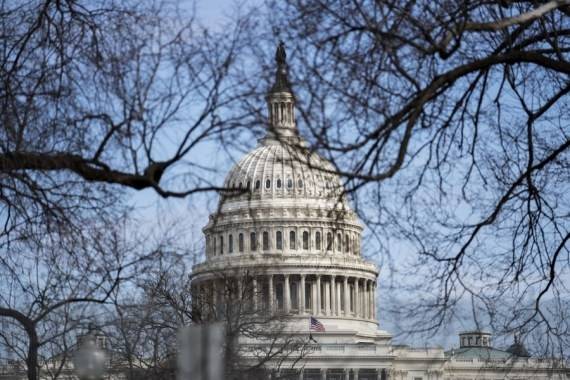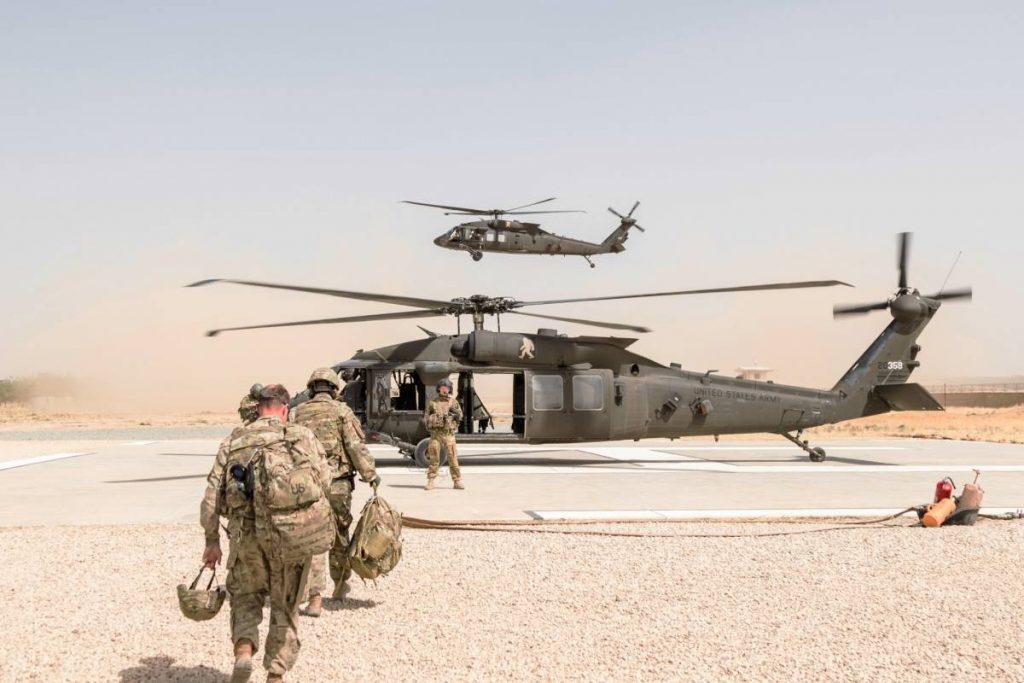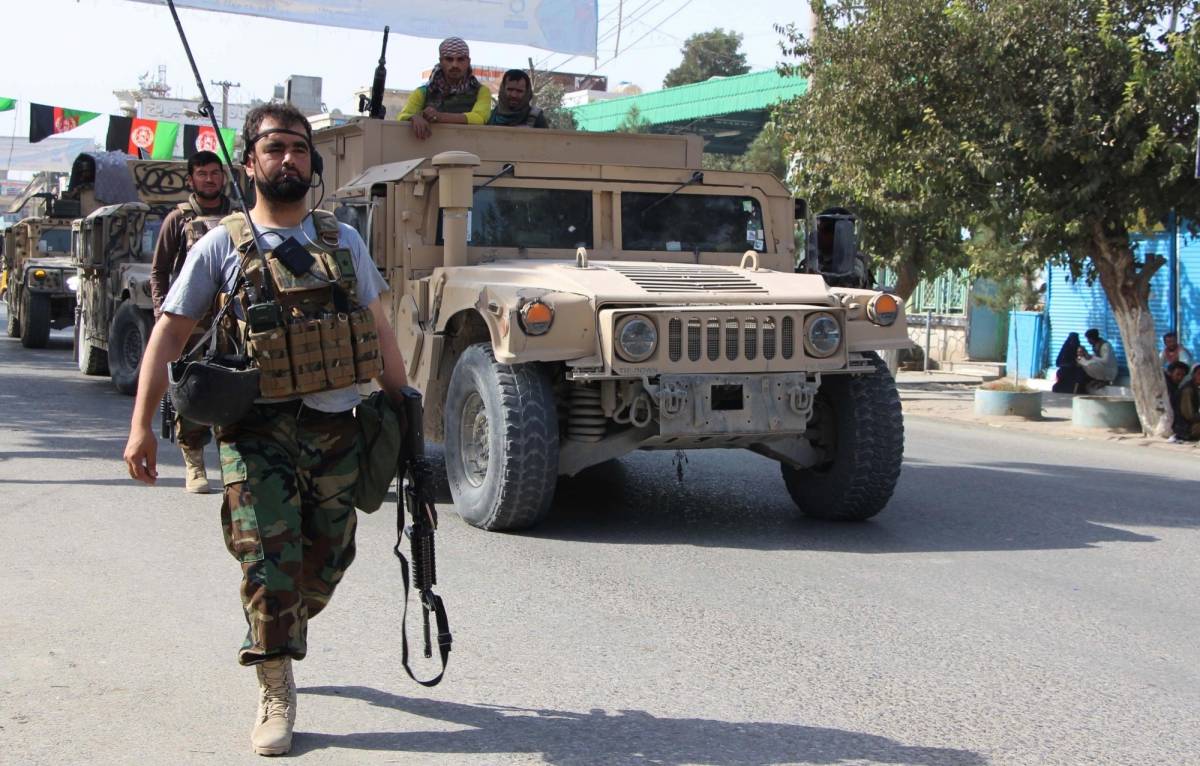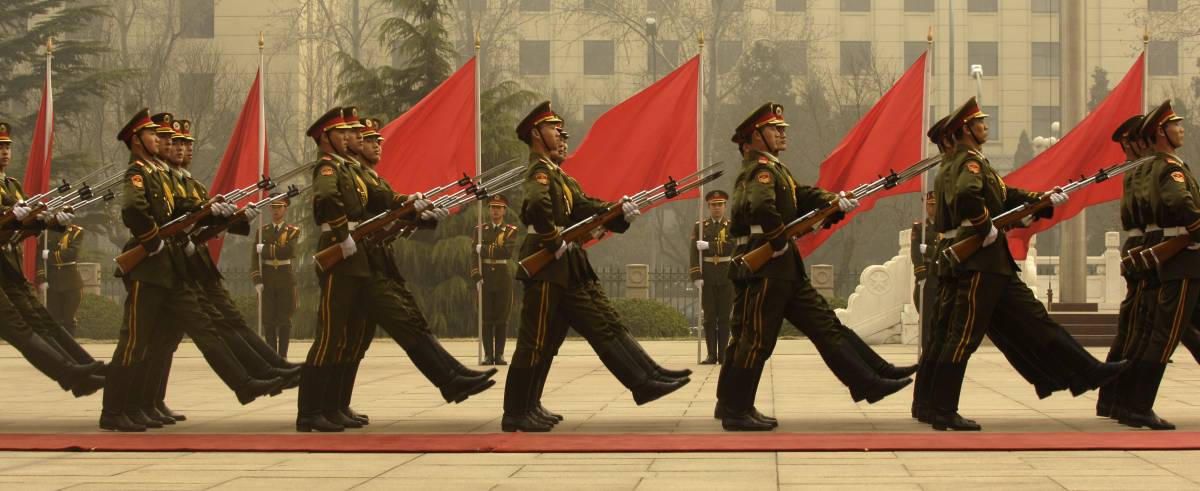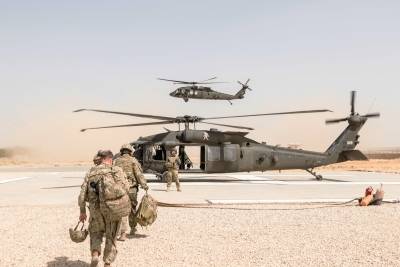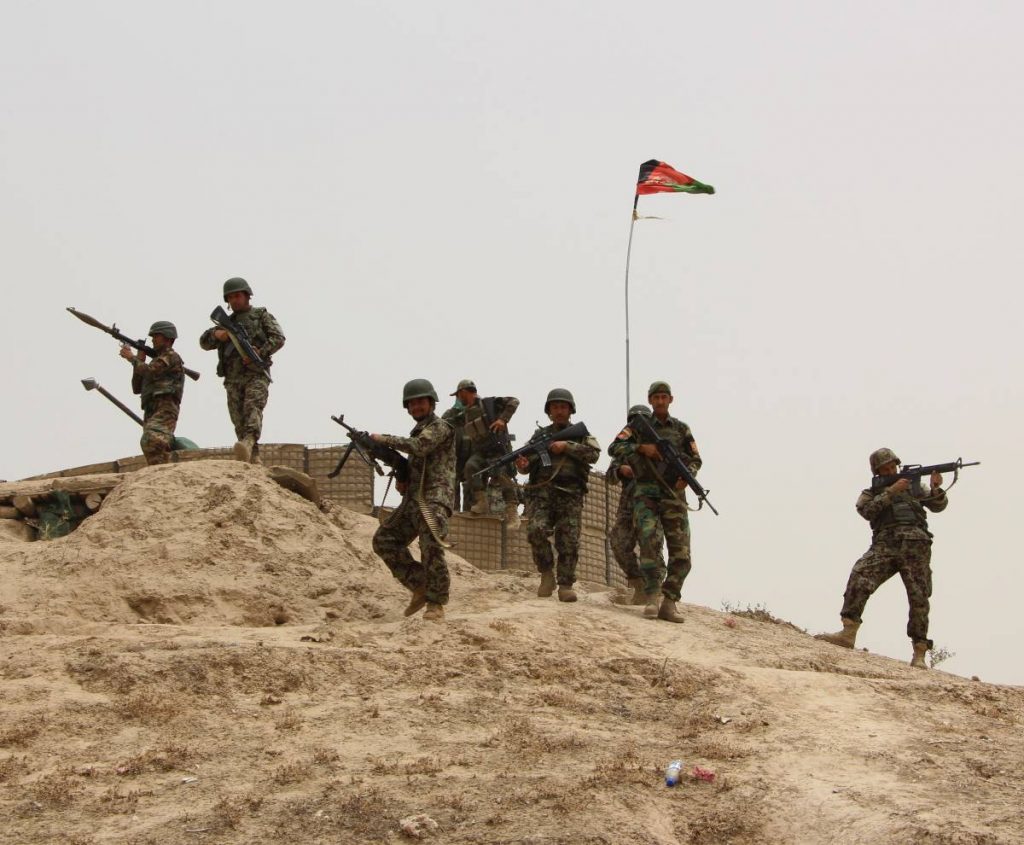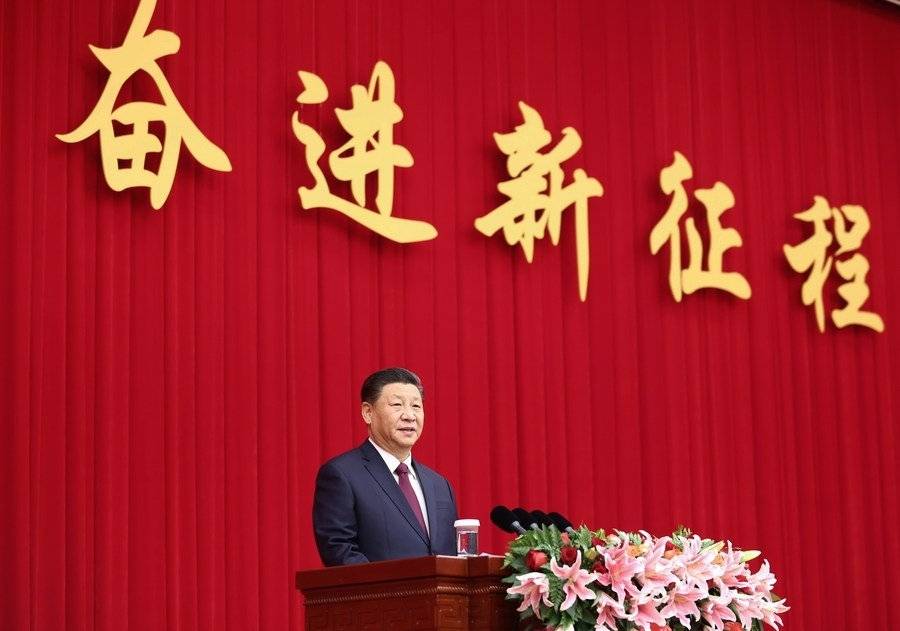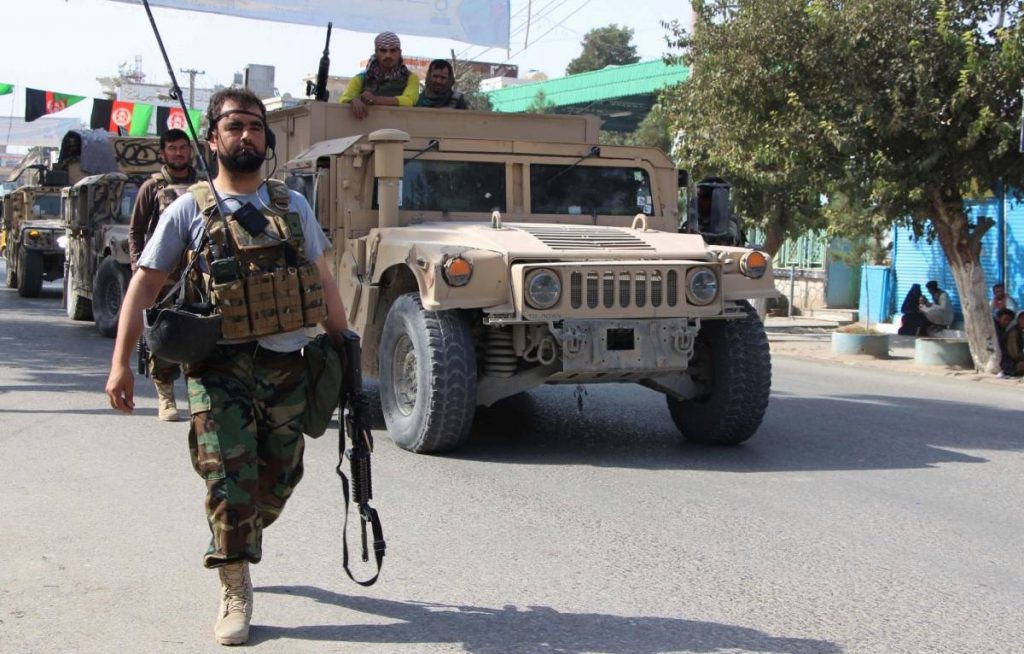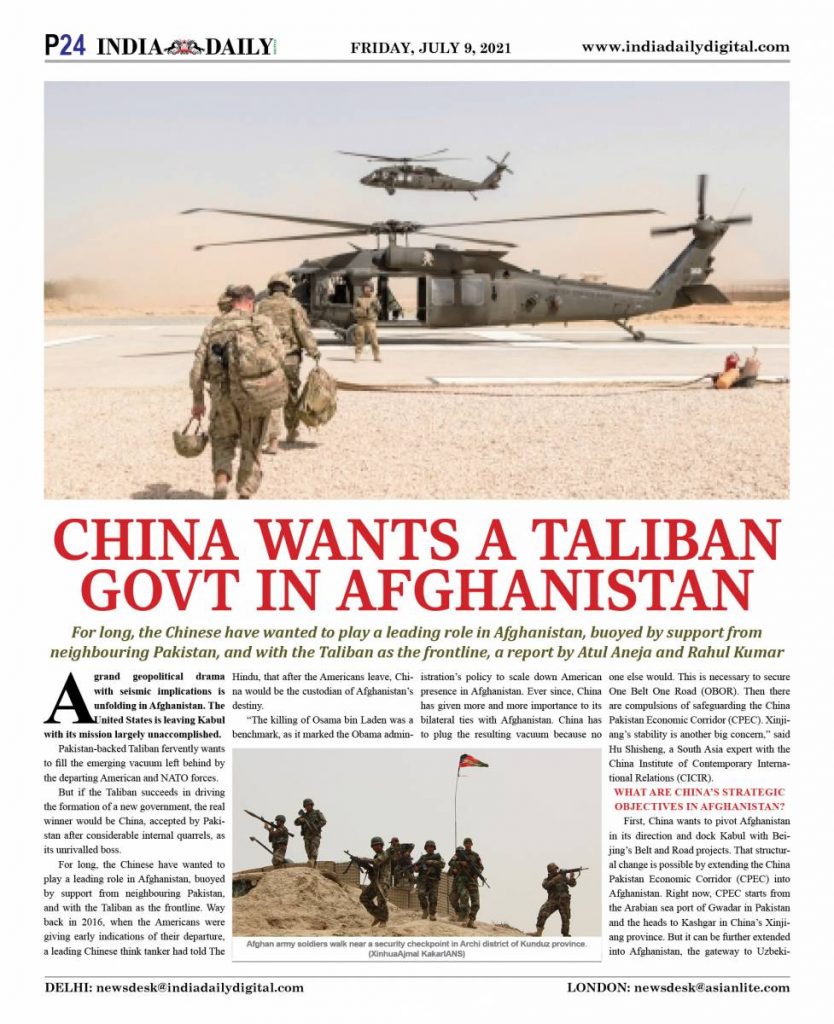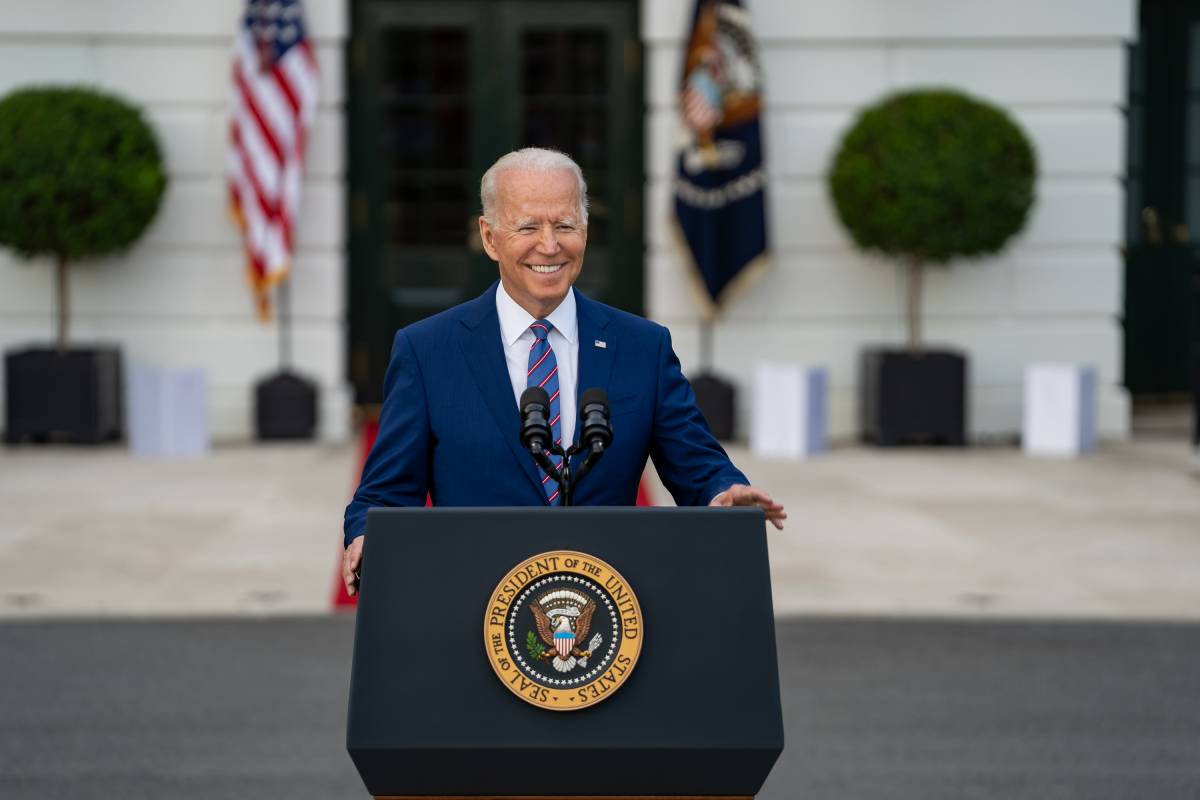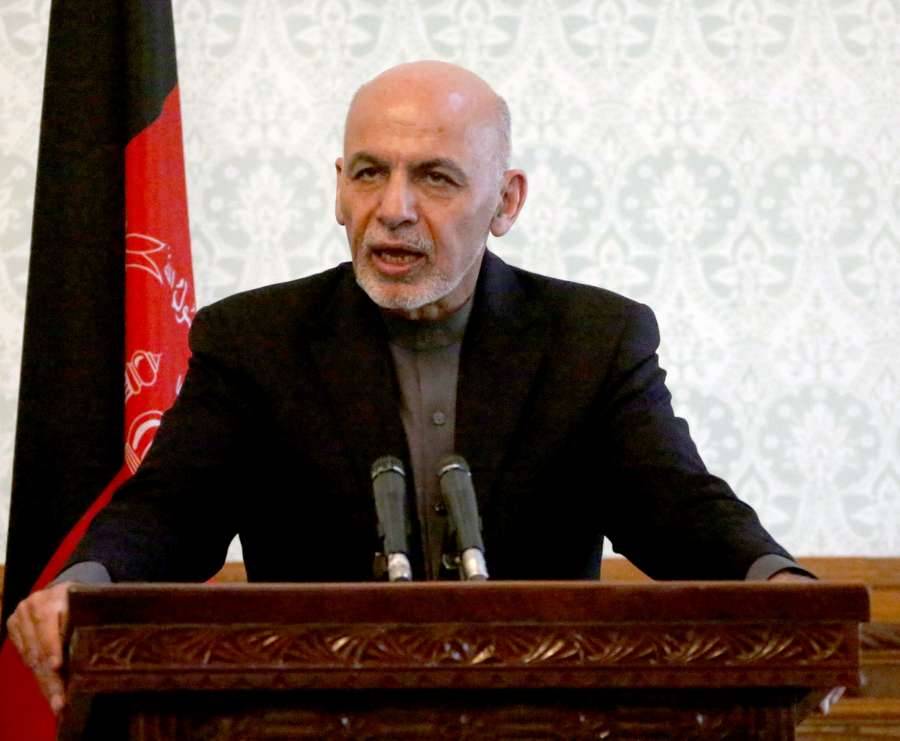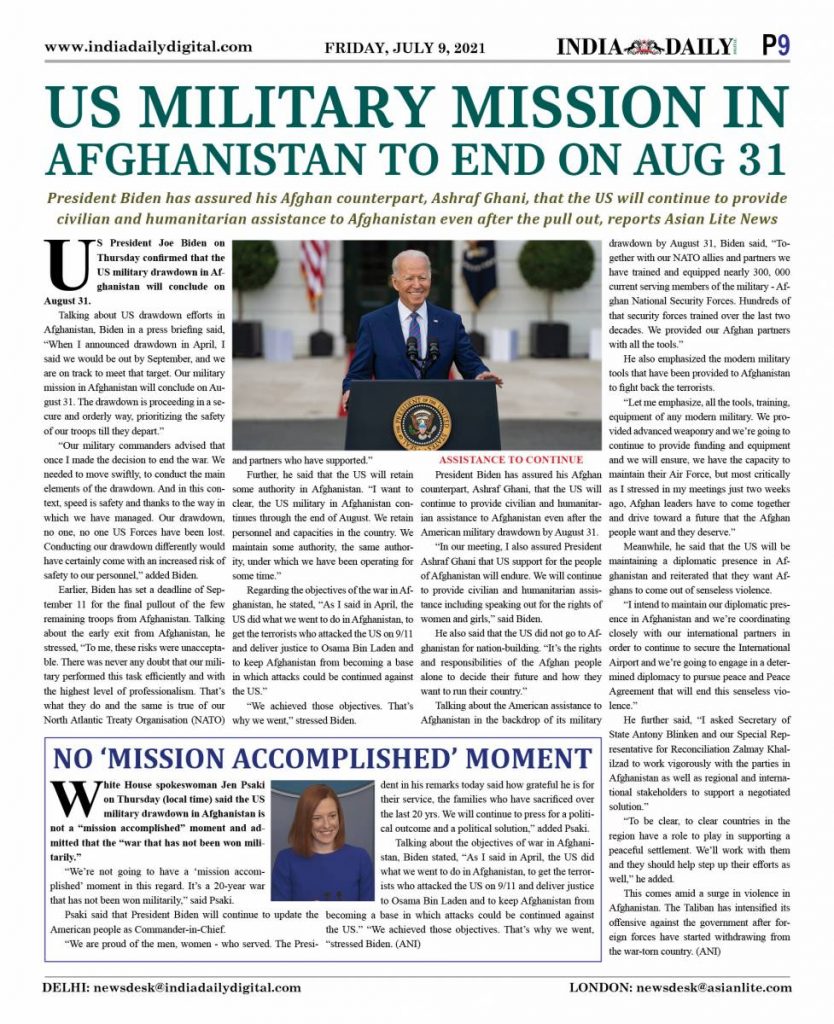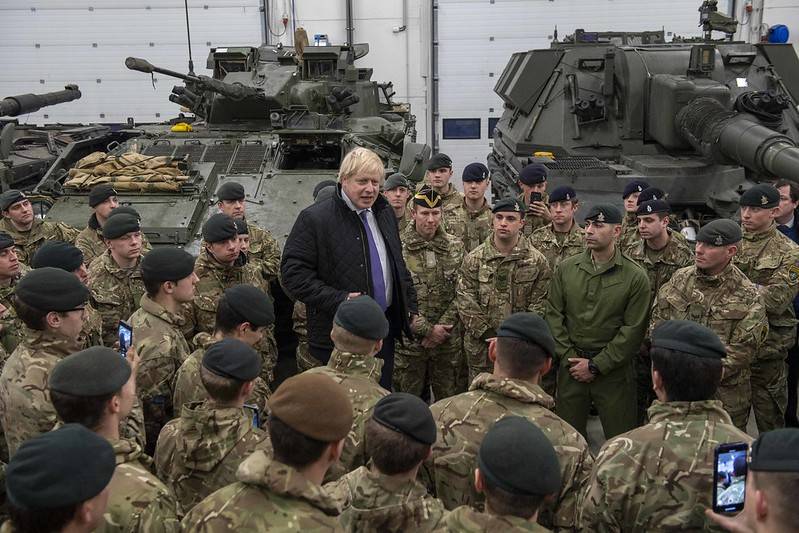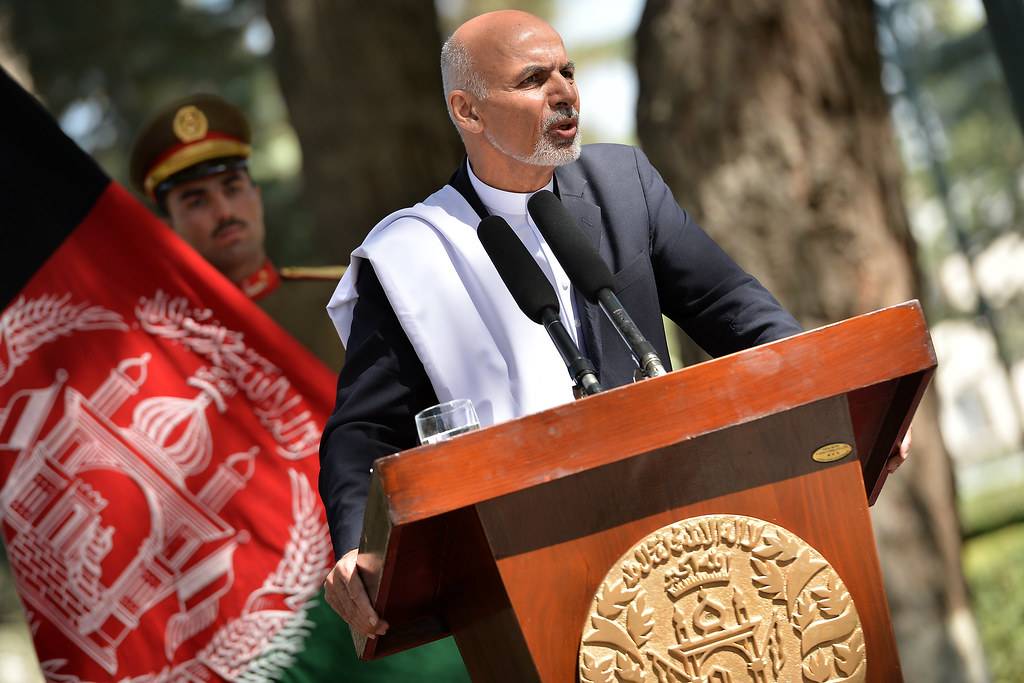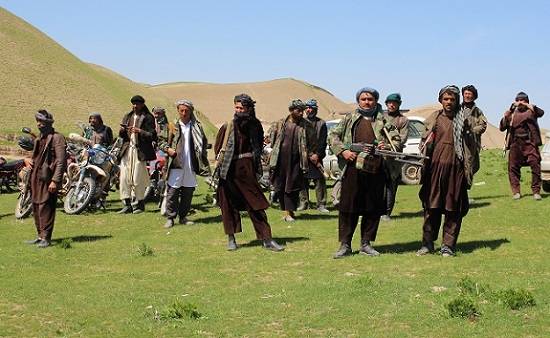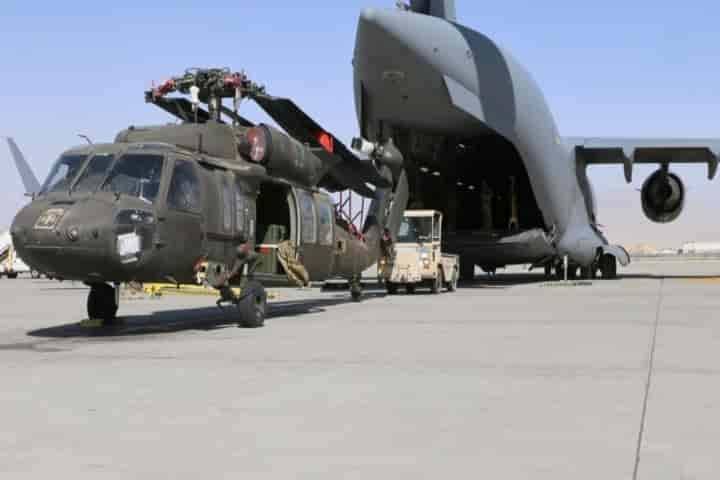The security situation in Afghanistan has weakened as the US troops have almost left. The Taliban are capturing more and more areas…reports Asian Lite News
Violence in Afghanistan could intensify drug trafficking and the problem of narcotics in Pakistan, an anti-narcotics official told NIKKEI Asia.
Akbar Durrani, federal secretary of Pakistan’s Ministry of Narcotics Control said: “If there is no political stability in Afghanistan, it might aggravate the problems which we are experiencing already.” He added that Afghanistan is one of the major narcotics challenges for Pakistan.
The security situation in Afghanistan has weakened as the US troops have almost left. The Taliban are capturing more and more areas.
Pakistan has always been a centre of trade in Afghan-produced drugs but the increasing violence in Afghanistan has boosted the trade. The situation was under control before the US troops entered the country two decades ago but the drug trade is likely to grow in the situation of political vacuum. Drug traffickers thrive amid lawlessness and economic devastation, and the pandemic has made conditions even riper for them, NIKKEI Asia reported.
“As a result of the economic downturn triggered by the pandemic, fragile communities in areas of illicit cultivation of drugs are now increasingly vulnerable, especially in Afghanistan, where the appeal of illicit crop cultivation of opium poppy is likely to rise,” a United Nations Office of Drugs and Crime report said.

ALSO READ: Pakistan looks for alternate pipeline instead of PSGP
Afghanistan is currently the world’s top opium producer. In 2020 it accounted for 85 per cent of global production and the area under poppy cultivation expanded by 37 per cent to the third-highest level ever recorded, the UN report said further.
Pakistan is one of the highest drug-consuming nations in Southwest Asia, the country now has nine million drug addicts compared to seven Million reported in 2015.
Durrani told Nikkei Asia that crystal meth in Pakistan is usually imported from faraway countries such as Mexico and Australia. But Afghanistan is now emerging as a producer of the drug, too. Afghan cooks are able to produce inexpensive crystalline methamphetamine using a native plant, ephedra, which is much cheaper than importing chemical ingredients.
Drug abuse is taking a heavy toll on the youth in Pakistan, especially students, and fuelling a life of addiction and crime.
The country’s Anti-Narcotics force has said that children as young as 9-12 have already started consuming tobacco and some as young as 13 and 14 are said to be turning to drugs. (ANI)



